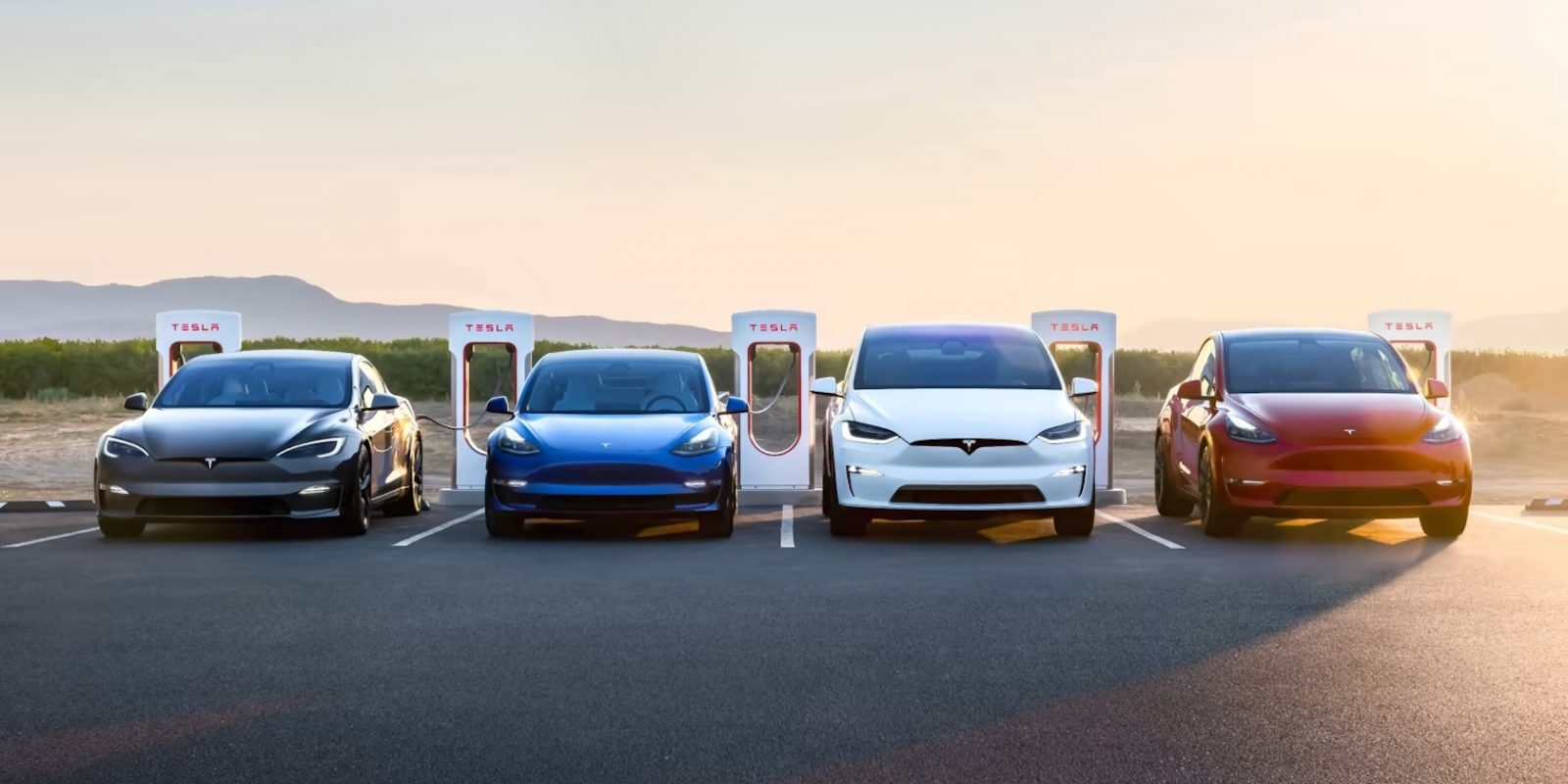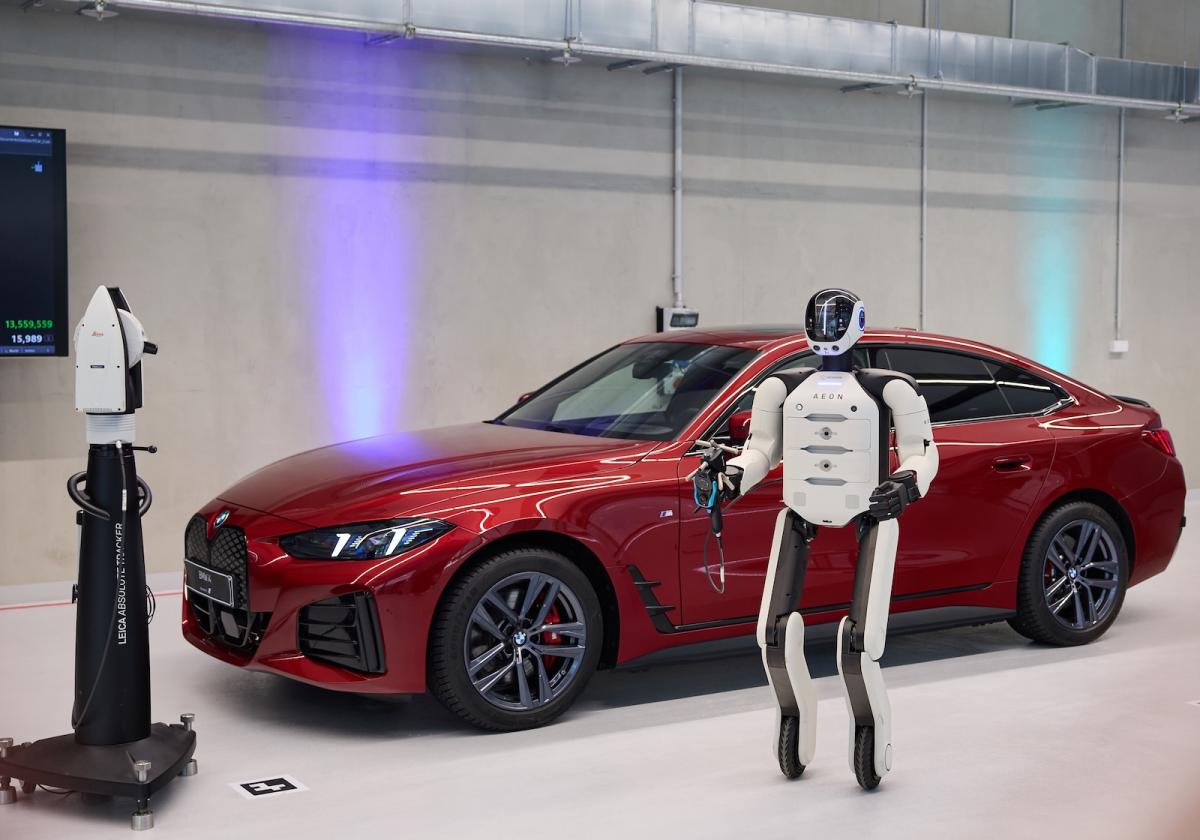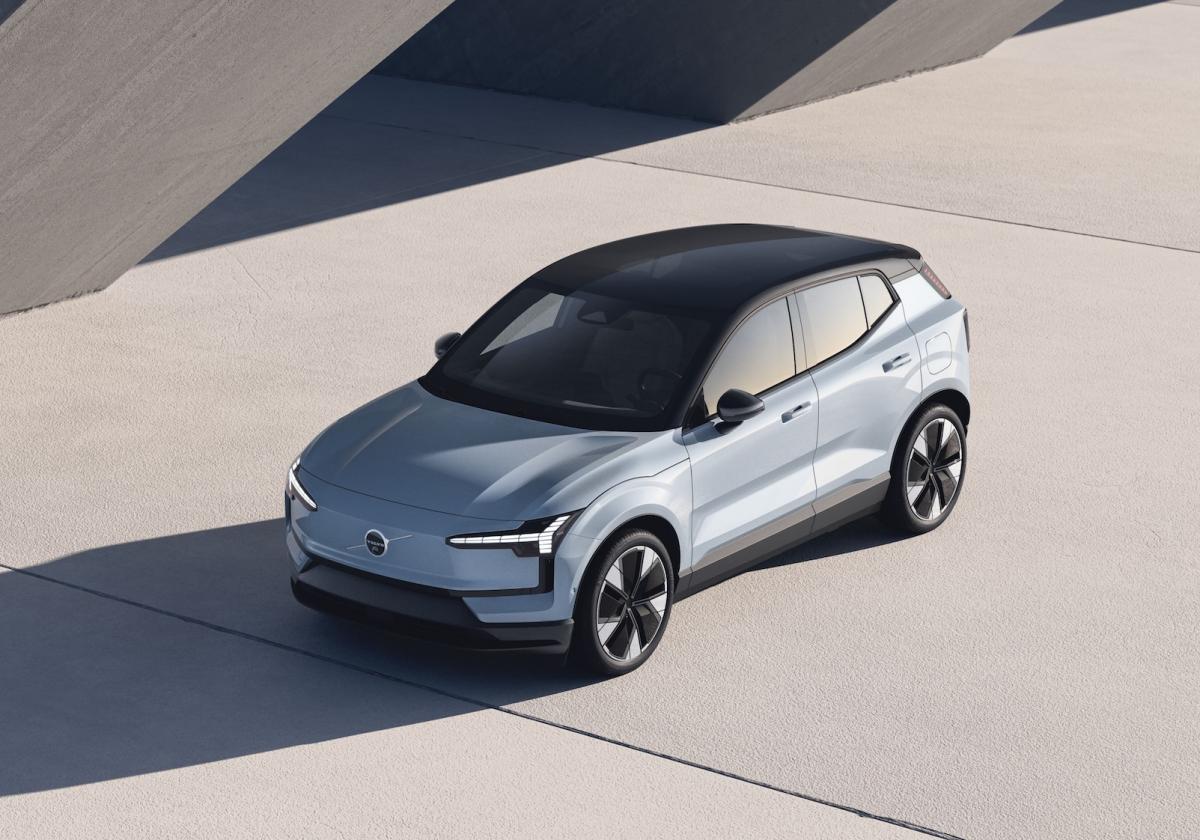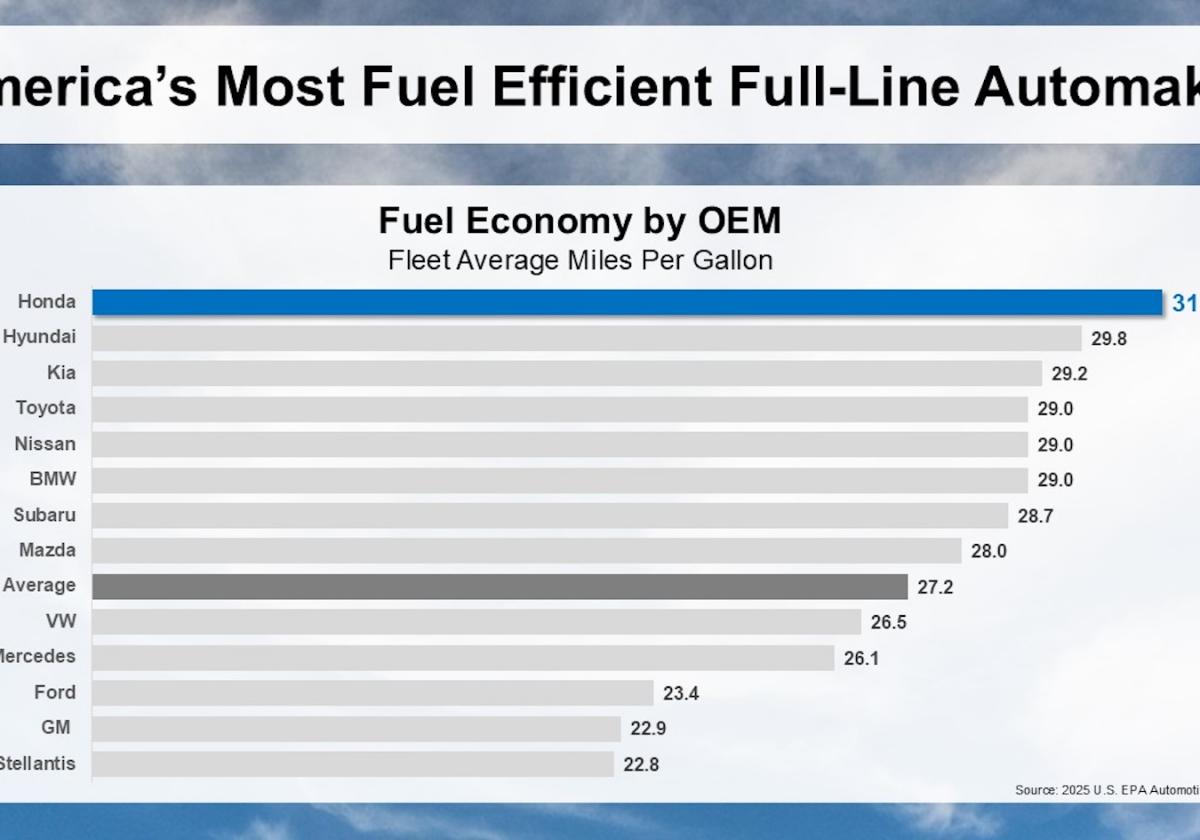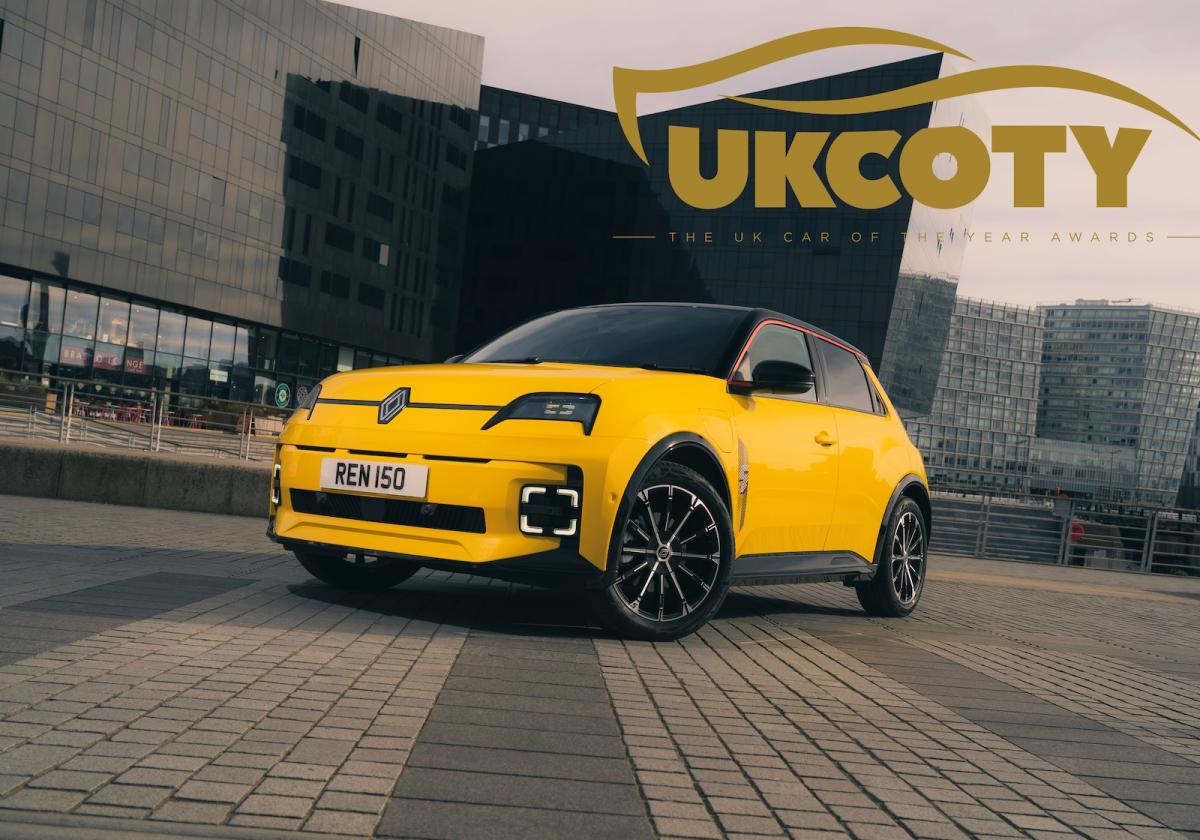In the latest addition to a growing list of states, New Jersey joins Vermont, New York, California, Washington, and Oregon as regions that will outlaw gasoline-powered vehicles from 2027. The number of gasoline-powered vehicles, light trucks, and SUVs that can be sold in New Jersey will start being restricted in 2027 and will eventually be completely banned starting in 2035.

Governor Phil Murphy and Commissioner Shawn M. LaTourette of the Department of Environmental Protection announced yesterday that the Advanced Clean Cars II rule, which sets the state on track to phase out fossil fuel-powered cars, trucks, and SUVs, was filed for adoption on December 18. While California is the standard bearer for setting restrictions on iCE vehicles, Massachusetts, Oregon, Connecticut, Maryland, New York, Rhode Island, Washington, and New Jersey have also announced they will implement the Advanced Clean Cars II requirements to scale down to zero emissions.
Although there is no ban in effect, the federal government has set a target of having 50% of new cars sold be electric in the US by 2030. President Biden has allocated $5 billion to facilitate this move.
This, like other ICE bans, only prohibits the sale of new or used cars—it does not make it unlawful to own or operate an ICE vehicle. As long as the cars satisfy emissions regulations, ardent supporters of internal combustion engines can easily cross the border and purchase them from another state.
Automobile businesses and lobbyists are not thrilled either, as evidenced by the thousands of letters sent to the state office requesting a reversal of the bill. The petitions argue that the policy restricts the freedom to drive whatever one wants, or in some circumstances, limits what individuals can afford to drive.
Ray Cantor, an official of the New Jersey Business and Industry Association, contends that “this ban of the sale of new gas-powered cars in such a short time frame does not take costs or feasibility into account.” The lack of highway and local infrastructure has also been ignored as has the needs of residents of low- and moderate-income New Jersey households.
Environmental organizations, however, hold a different opinion. “The benefits of the EV revolution are extensive, even for individuals who have no intention of driving one. The revolution is here,” says Kathy Harris, senior clean vehicles and fuels advocate at the Natural Resources Defence Council (NRDC). “New Jersey is committing to cleaner air, improved public health, and climate change mitigation by adopting Advanced Clean Cars II standards.” She says that the state can avoid over 175 premature deaths from polluted air by 2050 and that the policy will bring cost-savings to New Jersey car owners of nearly $60 billion by 2050.
OUR THOUGHTS
EV sales are growing for sure but legislation needs to keep up with the times. Customers are indicating that they are prepared for the switch to electric vehicles, which is now well underway. For example, the EV share of the car sales in California has already cleared 25%, 18% in Washington, and 15% in Hawaii. However, the more states that support the ban, the more pressure there is on the federal government to consider enacting a federal ban of its own, akin to the European Union, which has decided to outlaw all new gas-powered automobiles beginning in 2035.

